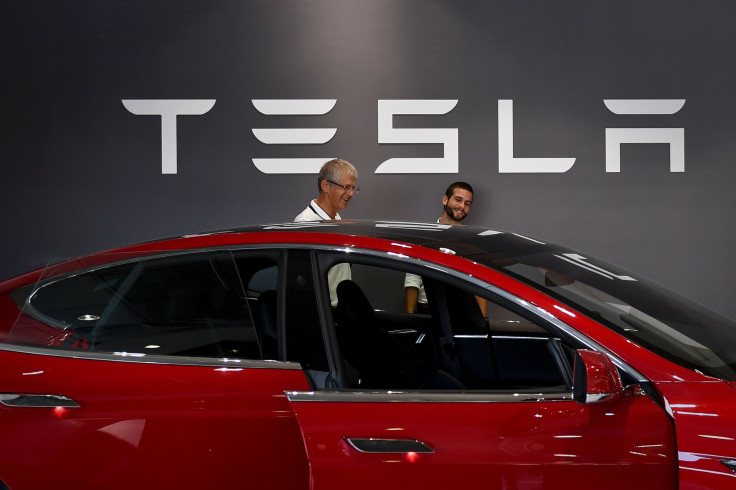Tesla Files Patent For Efficient & Environmentally-Sustainable Seats & Interior Rim

Tesla recently filed a patent application for a fibrous foam architecture, describing that the latest manufacturing system for interior rim and seats will develop an environmentally-sustainable and efficient process. The newly filed patent states that the materials used for cushioning at present seen in customary vehicle seats come with foam made of polyurethane. This particular material cannot be recycled and could not provide ultimate comfort to users because it is not breathable.
The traditional manufacturing foam is time-consuming and requires a lot of work, including pouring and mixing of a wide range of chemicals such as epoxy or polymer. After that, it entails other materials to be shaped, creating unwanted waste that the fibrous foam architecture that Tesla patents hope to eradicate.
The recently submitted Tesla patent states:
“Trim to foam assembly may include hog ring, hook and loop, and/or clipping methods. In such methods, alignment tolerances may need to be maintained, mating surface limitations may need to be met, trenches and stitches may need to be provided and so on. Glue application storage and handling may also be required. Current manufacturing processes may be labor-intensive and time-consuming.”
With this new approach, Tesla could improve the quality and production of armrests, bolsters, backrests, and leg rests. The company is also considering enhancing the interior of the vehicle, suggesting that there is a necessity for an enhanced foam architecture and related manufacturing system that overcome if not eliminate the said drawbacks. With the fibrous foam architecture, Tesla could offer a more comfortable and recyclable material for Tesla electric car owners.
The company is planning to use the stacking of several layers of various materials to provide a less laborious and cost-efficient seating alternative. The sustainable and recyclable materials can also appeal to Tesla vehicle owners who are environmentally conscious. Tesla launched 100 percent cruelty-free seat alternatives in 2017 on Tesla Model S and Model X.
The company also aims to launch 100 percent vegan material for the Tesla Model 2 and the Tesla Model Y. Meanwhile, the highly anticipated Tesla Cybertruck is finally unveiling this month. The announcement was made by Tesla CEO Elon Musk, who also revealed that the announcement of the Cybertruck event is in the credits of the movie “Blade Runner 2049.”
© Copyright IBTimes 2025. All rights reserved.





















